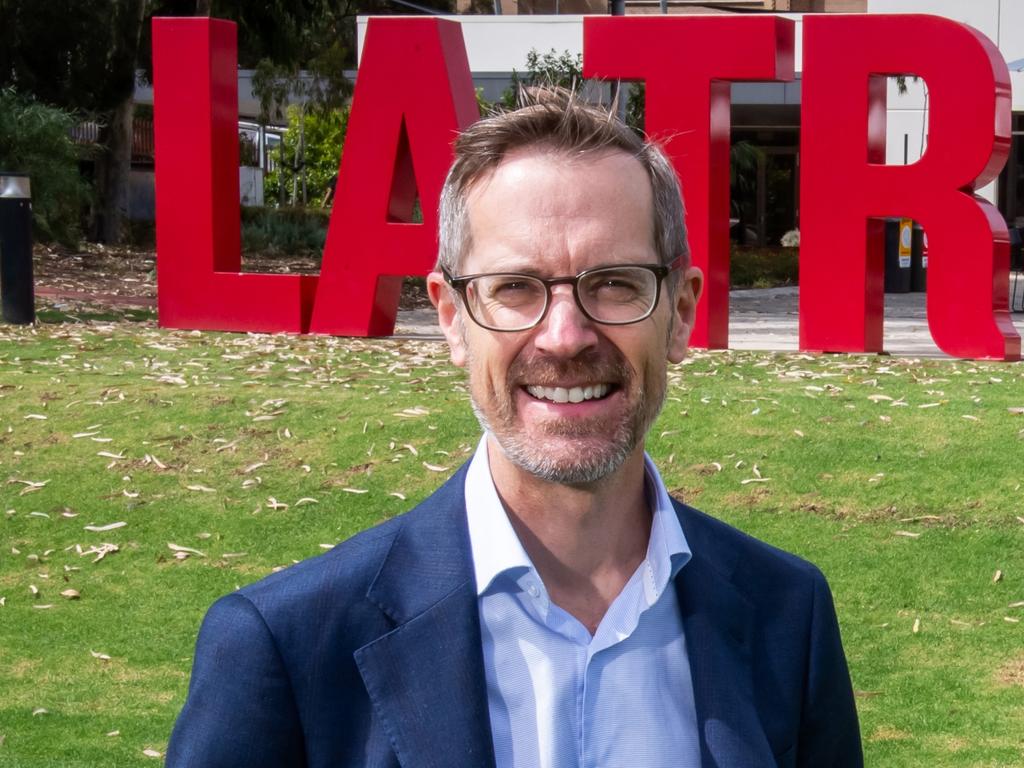AI jobs decline, but more at play says Andrew Leigh
A recent study has found AI jobs are on the decline, with roles amounting to only one in 588 employment listings. But there is more at play when you read between the lines, says Andrew Leigh.

Just one in 588 job listings are for artificial intelligence jobs, new analysis has found, indicating a decline in demand for artificial intelligence skills despite growing concerns to the contrary.
Competition and Employment Assistant Minister Andrew Leigh will announce the study findings at the ABS/RBA Conference on Human Capital in Sydney on Tuesday.
It comes after the Labor MP collaborated with former SEEK chief economist Matt Cowgill to identify the share of AI jobs in the labour market.
Mr Leigh said the results, which suggest AI jobs are “extremely rare”, demonstrate companies have yet to figure out how to use AI experts as opposed to an absence of AI in the workplace.
“What we classify as an AI job is someone for whom AI is at the centre of what they do at the company, and while there a lot of us who make some use of AI, there are only one in 588 new job hires whose central job is (to use it),” Mr Leigh said.
“It indicates that there’s a lot of opportunities for Australian firms to use AI more, and that at the moment, Australian firms are not really reaching out for AI specialists.

“I had expected when I went into this project that we would see a steadily increasing share of jobs being AI jobs … but whichever way we cut it, we end up end seeing a modest decline in the demand for AI skills over the last couple of years.”
Mr Leigh pointed to the emergence of ChatGPT in late 2022 as the peak of AI employment, when the share of job advertisements that mentioned “artificial intelligence” rose six-fold from 2017 to 2022, but then fell by one-third from 2022 to 2024.
He said the decline could be attributed to the widespread use and understanding of AI in the years since its emergence, which may have rendered AI-specific roles null and void.
However, the possibility of a continued decline is unlikely.
“I find it hard to imagine that the share of AI jobs would be lower in a decade than it is today,” he said.
“The basic technology itself has made huge advances, the volume of venture capital investment that’s going into AI is remarkable, and if you look at the changes in the abilities of the AI models – all of that suggests working in jobs that are complementary with AI is likely to be a good bit for a decade’s time.”

“There are some occupations, such as mathematical and data scientists, where there do seem to be greater demand for AI skills (already) and we’re curious as to whether they’re the fast growing occupations.”
According to the top ten occupations where AI jobs dominate, the study found them most prevalent science and technology and almost non-existent in the retail and consumer products industry.
The largest share of AI jobs were found among mathematical science professionals, with 6.3 per cent of vacant positions advertised as AI jobs, followed by life scientists, university lecturers and tutors, and surprise contenders such as nurse educators and musical professionals.
When it came to pay, the study also revealed AI jobs have higher posted salaries than other roles even within the same occupation and state, with the average AI job earning $121,000, roughly 6 per cent more on average than non-AI counterparts.
This premium, Mr Leigh said, is indicative of the promise of AI technology as it increasingly exceeds human benchmarks on tests for comprehension, visual reasoning, and mathematical problem-solving, which in the last three years alone has risen from 10 per cent of human-level performance in 2021 to 90 per cent in latest estimates.
“I think AI has huge potential to make us more productive and to take away dull parts of our jobs,” he said.
“So I think of AI as being a thoughtful assistant who’s very hard working but hasn’t really got much specialty training yet.”




